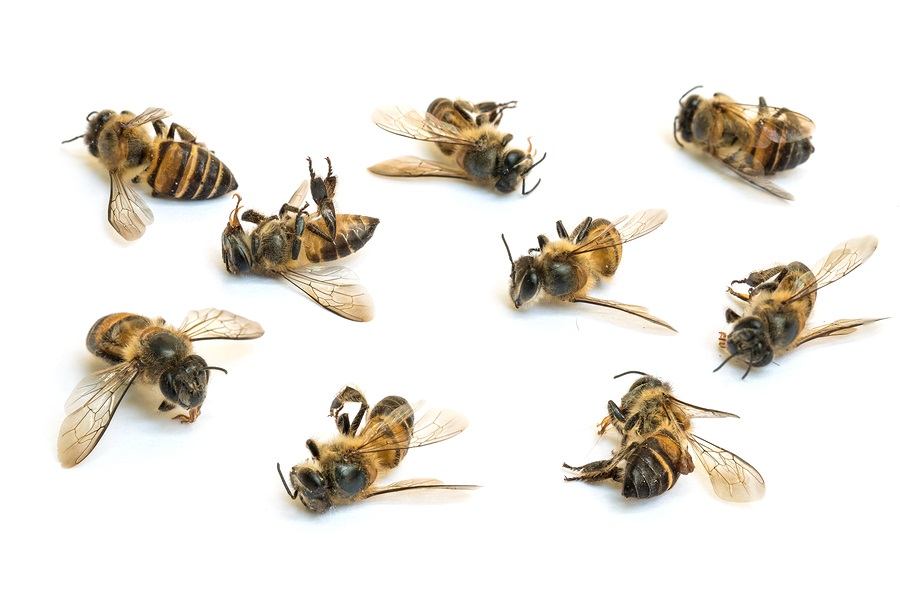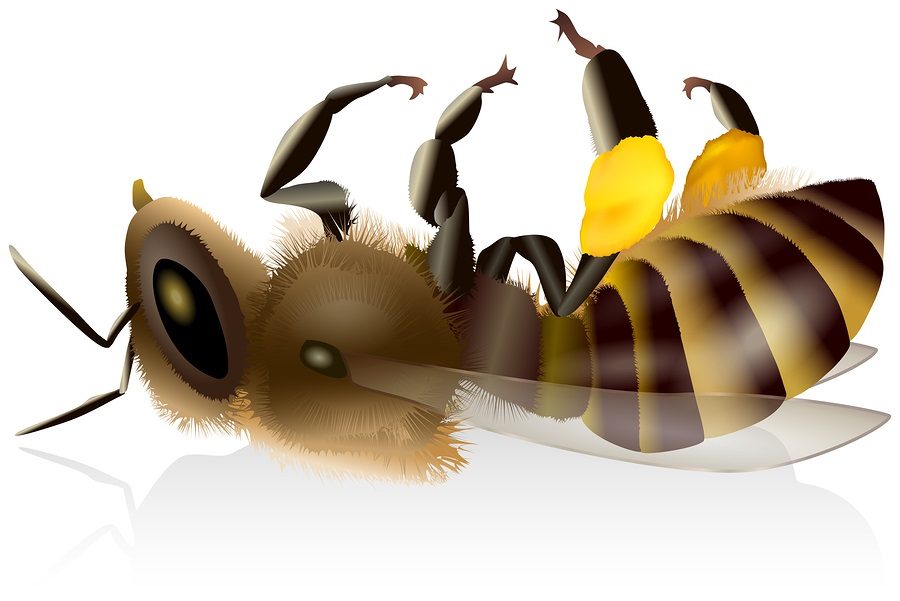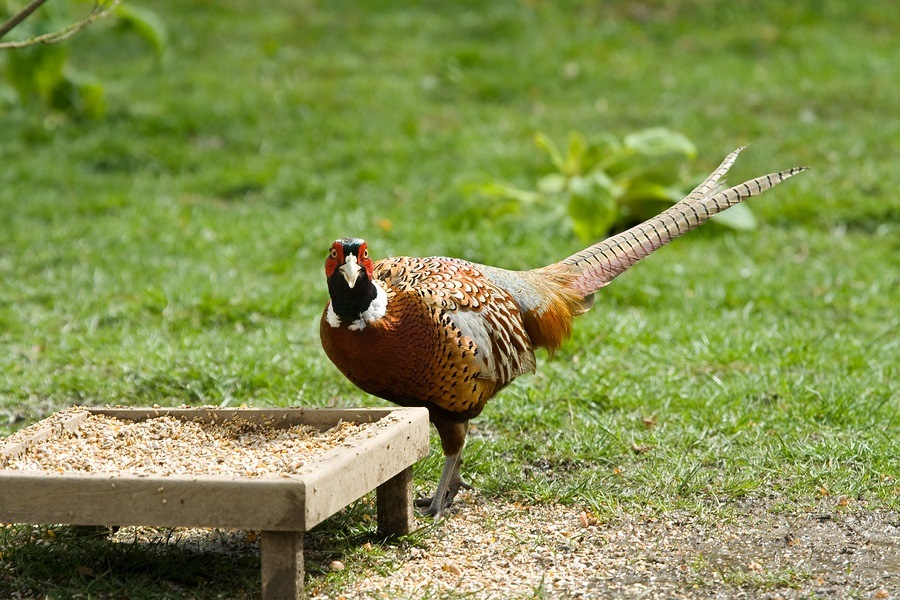Are Pesticides Killing Off Our Bee Supply?
In the global debate over neonicotinoid pesticides, the company that makes most of them has relied on one primary argument to defend its product: The evidence that these chemicals, commonly called "neonics," are harmful to bees has been gathered in artificial conditions, force-feeding bees in the laboratory, rather than in the real world of farm fields. That company, Bayer, states on its website that "no adverse effects to bee colonies were ever observed in field studies at field-realistic exposure conditions." Bayer will have a harder time making that argument after today. This week, the prestigious journal Science reveals results from the biggest field study ever conducted of bees and neonics.






